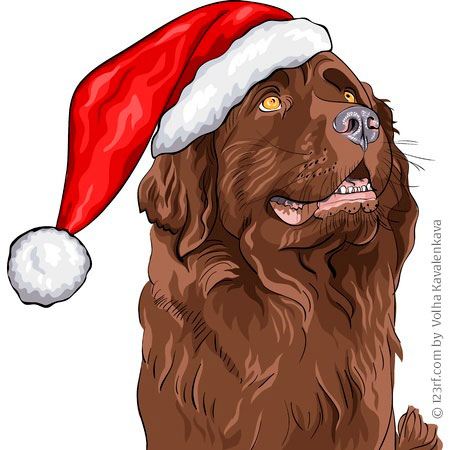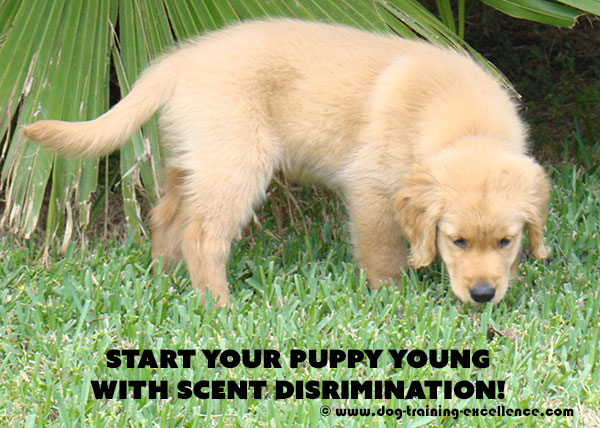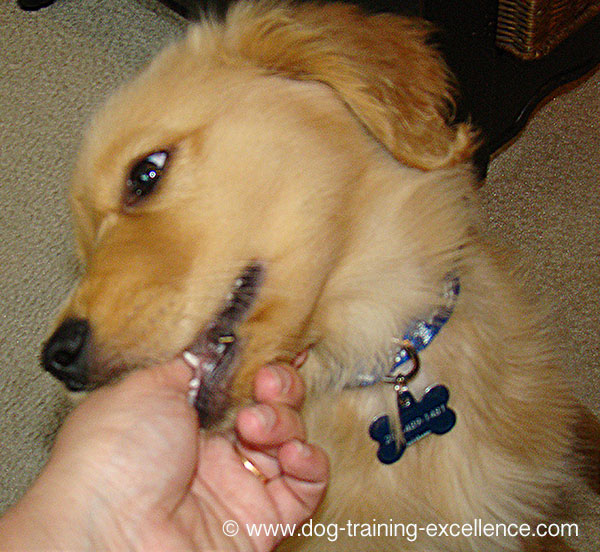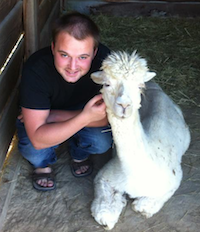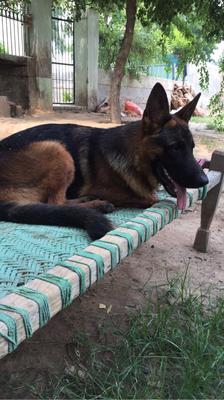| Back to Back Issues Page |
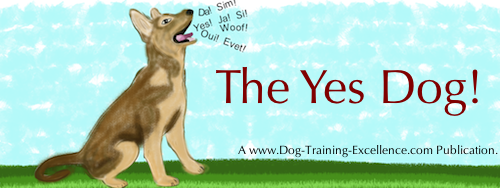 |
|
The Yes Dog!, Issue #006 -- Which dog breed has the better nose? December 15, 2015 |
Issue #006, December 15th 2015Happy Holidays to you all! Hope jolly preparations are underway and dog treat smell fills your kitchen. And speaking of smell, in this issue we put dog breeds to the test. Are there breeds that have better smell detection skills than others? Who do you vote for German Shepherds or Pugs? Feel free to drop me a line with questions, suggestions or even a theme you would like to see featured here. You can send me a quick
e-mail!
Merry Christmas and Happy new year!
Table of Contents
The Science of Dog TrainingWhich breed has the better nose?A Review of Hall NJ, Glenn K, Smith DW and Wynne CD. Performance of Pugs, German Shepherds, and Greyhounds (Canis lupus familiaris) on an odor-discrimination task. Journal of Comparative Psychology, August 2015. We all have biases regarding how we perceive different dog breeds. Border Collies are super smart, German Shepherds are protective, Golden Retrievers are playful. While it is true that many breeds have been created with specific purposes in mind (herding, hunting, retrieving, etc.), the genetic differences between dog breeds are small. What about scent discrimination abilities? Would you pick a Hound or a chihuahua for a scent discrimination competition? Researcher Hall and colleges investigated scent discrimination abilities between German Shepherd dogs (GSD), Pugs and Greyhounds. The research group recruited dog owners of GSD (10), Pugs (10) and Greyhounds (10) with no scent training experience. The greyhound group had to be removed from the study because they lacked the motivation for the reward required to be trained. Dogs were trained to dig (as an alert response), then they were trained to discriminate between a target odor and a control odor (mineral oil). The target odor was then progressively diluted to increase the difficulty of the task. Scientific research is characterized by using controls that prevent getting the scientists accidentally or unconsciously having an effect on the results. In this case, the experimenter who worked with the dogs did not know which container had the target-scent and which one the control scent. This is important to reduce unintentionally cuing the dog. To double check that there were no biases, they created “control trials” in which no target-scent was available. The dogs were randomly rewarded for choosing either scent (since they were both the same) and they expected dogs to perform at chance level (choosing one side or another half the time). They found that both breeds, GSD and Pugs where able to learn the odor discrimination task quite well. However, Pugs consistently outperformed GSD by finding the target-scent more often. A very interesting result was that during the “Control trials” and after a few sessions, Pugs refused to choose and alert, even though they were still being rewarded 50% of the time. On the other hand, GSD continued picking a scent and alerting (even though there was no difference in scent). To be more certain that the differences in performance where due to olfactory differences and not motivation or trainability, the researchers created a similar but visual-discrimination task. In this case, both breeds performed similarly, suggesting that pugs may indeed have breed differences in their ability to discriminate scent.
The results form this research suggest that we shouldn’t be biased against certain dog breeds because of their size or facial anatomy. Pugs may serve as search and rescue dogs just as well (or maybe even better) than GSD.
Want to try a scent game with your dog?The most basic scent game to play with your dog is “Treasure Hunt”. Place your dog in a different room and while he can’t see you hide treats all around. The first few times you may want to make it easy then progressively hide the treats in more difficult places. I suggest you avoid hiding them on counter-tops, on the table, or in places where they may break something.After you hide the treats let your dog in the room and tell him “Find the treats!”. During the first few times you play, show him some of the hidden treats, that way he understands that there are hidden treasures around the room. Train your dog to...Come when calledThe recall is one of the most important skills to teach your canine friend. This article walks you step-by-step to get your dog to come when called reliably and in any situation. 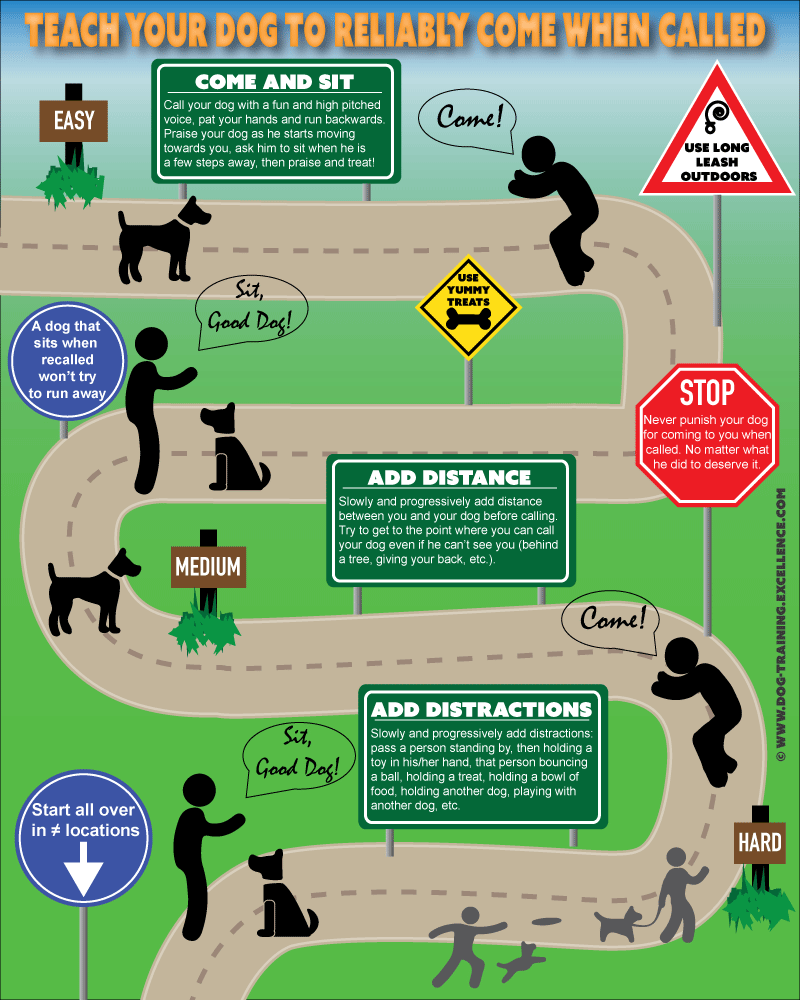
Featured ArticleTraining Golden Retriever dogsLearn how to turn your new Golden Retriever puppy into the best life companion with this training guide. This is Samsom, one of my students, playbiting my hand. Click! for the complete Golden Retriever training guide.
Interviews with Pet ExpertsPet sitters James Cave and Jemma Porter
James and Jemma are pet sitters living the dream life. They travel around the country taking care of dogs, cats and even a llama!
Sneak Peak:"We see pet sitting as the perfect win-win situation. For us, we get to travel and have pets in our lives. For the pet owner, they get someone who will take on all of the pet care responsibilities for free." Read their story and be inspired! Interview with pet sitters James and Jemma. Your Questions and StoriesThis section is for you to brag about your dog! You can also ask questions (and get answers), tell us your advice or share an interesting anecdote. Your story could be featured in The Yes Dog! And will get its own webpage that you can share with friends and family. Click here to share! This issue's featured question is about A dog barks and runs around a tree (like it's Christmas ;P). Sometimes dogs develop weird behaviors out of boredom, an easy but fun training schedule can help most of these cases.
Click here to add your comments to this question! That is all for now. Happy Holidays, Until the next time,
P.S: Would you like to have your own website? It is easier than you think. I had no knowledge about the web but here I am! You can have yours too... watch the Site Build It! Video Tour. 
Copyright © 2012-2014 Natalia Rozas de O'Laughlin. All Rights Reserved. Unauthorized duplication or publication of any materials prohibited. Not intended to substitute for veterinary, legal or other professional advice. Consult your vet for advice about medical or behavioral conditions & treatment of your pet. |
| Back to Back Issues Page |
